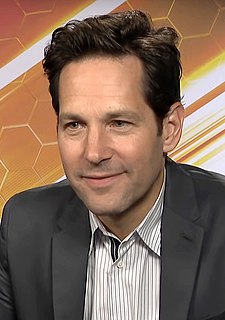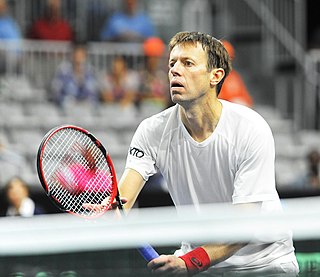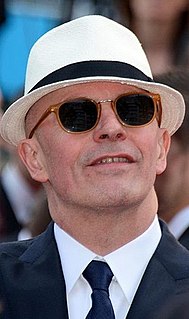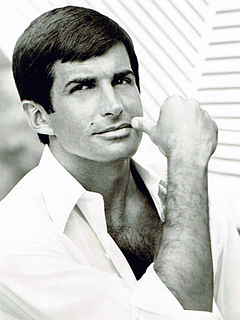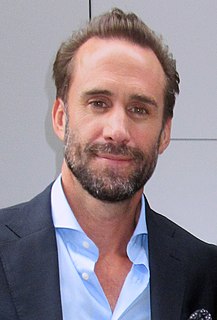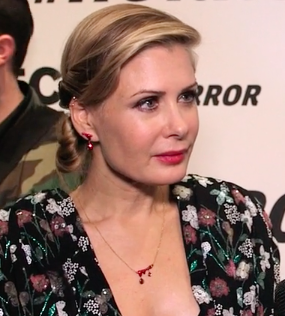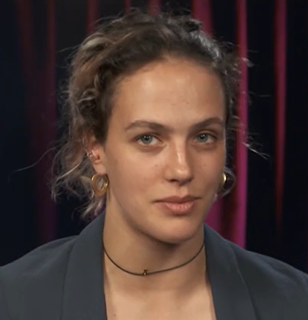A Quote by Paul Rudd
I think that I identify with my role in pretty much everything I have tried to do. I try to find something that I can understand about each character's behavior.
Related Quotes
The way I've approached my career, I've always tried to be pretty good at everything. I think if you ask players about my game, they would say I'm pretty good at everything, but I don't think they'd say I'm the best at certain things. Maybe that's my strength, not having a serious weakness or many weaknesses. I just try and be solid.
I don't know what art is exactly, but I'm pretty sure it's not something you get paid to do. For myself this is a job. I think it's easier to get better at it if you don't lose your identity in it. You do whatever you can to try to understand the character. Because they're paying you feel like you should be doing something.
Get yourself out. Be brave. Don't leave before you're ready, because you should know that you tried everything. So there's a conviction and a confidence when you step away from something that may or may not be conducive to your life. I think if you run away too quickly, you're going to have that "Oh God, did I try everything?" feeling. Try everything. Make it work. Do everything you can. If it's not working, then know when the signal is and move on. Change. Try something different.
I think 'Scarface' is a great film, but if you have a character like Tony Montana, you don't identify with him at all. I think it's very interesting instead to identify yourself with a character you don't like all the time. You can create a tension between the fiction and the viewer. You force the spectator to wonder about his actions.
When I'm following what a character does in a book I don't have to think about my own life. Where I am. Why I'm here. My moms and my brother and my old man. I can just think about the character's life and try and figure out what's gonna happen. Plus when you're in a group home you pretty much can't go anywhere, right? But when you read books you almost feel like you're out there in the world. Like you're going on this adventure right with the main character. At least, that's the way I do it. It's actually not that bad. Even if it is mad nerdy.
I think it's really important that women support each other. I've heard of a very successful female director saying she doesn't identify as being a feminist or a woman in Hollywood. And I understand that, but I feel so differently. It's so important to identify as a woman and have a voice, to understand that it's different from a male voice, and to understand the nuances that go into that. I love women. I think I'm a girl's girl. It's super important that we have a voice in the industry.
What I really learned from Tim Burton is that it's important to have your own person in a role because you can't play a character unless there are elements of human behaviour that you yourself understand. I was really struck by how Tim Burton would like to sit and chat about you... or question things which then you had never thought about. It is a good thing to always step back a bit with things like that. But I try my damned hardest to learn something from everything I do.
